

Articles
How Long Can Cheese Last In The Freezer
Modified: August 20, 2024
Discover how long articles about cheese can last in the freezer with our insightful guide. Learn tips for preserving the quality and taste of your favorite cheese varieties.
(Many of the links in this article redirect to a specific reviewed product. Your purchase of these products through affiliate links helps to generate commission for Storables.com, at no extra cost. Learn more)
Introduction
Welcome to the world of cheese! Cheese is a beloved dairy product enjoyed by people all over the world. It comes in a variety of flavors, textures, and types, making it a versatile ingredient in many dishes. However, as with any perishable food, it’s important to understand how to properly store and preserve cheese to ensure its freshness and taste.
One method of extending the shelf life of cheese is by freezing it. Freezing cheese is a great way to keep it fresh for longer periods, especially if you find yourself with a surplus or want to stock up on your favorite varieties. In this article, we will explore the factors that affect the shelf life of cheese, the effectiveness of freezing as a storage method, recommended storage times for different cheese types, proper freezing techniques, tips for thawing frozen cheese, and signs of spoilage.
So, if you’re curious about how long cheese can last in the freezer and the best practices for freezing and thawing, keep reading to discover all the information you need to know.
Key Takeaways:
- Freezing cheese can significantly extend its shelf life, preserving texture and flavor for several months. Proper packaging, storage, and thawing techniques are essential for maintaining cheese quality.
- Different cheese varieties have varying recommended storage times in the freezer, with hard cheeses lasting up to 6-8 months and soft cheeses best consumed within 2-3 months. Understanding signs of spoilage is crucial for safe consumption.
Read more: How Long Can Shrimp Last In The Freezer
Factors Affecting the Shelf Life of Cheese
The shelf life of cheese can vary depending on several factors. Understanding these factors is crucial in determining how long cheese can last in the freezer. Here are the main factors that influence the shelf life of cheese:
- Moisture Content: The moisture content of cheese plays a vital role in its shelf life. Cheese with a higher moisture content, such as fresh and soft cheeses, tends to spoil more quickly compared to hard and aged cheeses.
- Fat Content: The fat content of cheese also affects its shelf life. Higher fat content can help preserve the cheese for longer periods. Hard cheeses, like Cheddar or Parmesan, generally have a higher fat content and thus have a longer shelf life.
- Acidity Level: The acidity level of cheese can impact its shelf life as well. Cheese with a lower pH level, such as aged and hard cheeses, tends to last longer due to its inhospitable environment for bacterial growth.
- Packaging: The packaging of cheese plays a crucial role in determining how long it will stay fresh. Properly sealed vacuum packaging or airtight containers can help protect the cheese from exposure to air and prevent moisture loss, extending its shelf life.
- Temperature: The temperature at which cheese is stored is essential. Cheese should be kept in a cool environment, ideally between 32-40°F (0-4°C), to maintain its quality and slow down the growth of spoilage bacteria.
- Handling and Storage: Proper handling and storage practices are vital in prolonging the shelf life of cheese. Avoid cross-contamination by keeping cheese away from other strong-smelling foods. Additionally, maintaining proper hygiene and regularly cleaning and sanitizing storage containers can help prevent bacterial growth.
By considering these factors, you can ensure that your cheese stays fresh for as long as possible, whether in the fridge or freezer. Now that we’ve explored the key factors affecting the shelf life of cheese, let’s delve into the effectiveness of freezing cheese as a storage method in the next section.
Freezing Cheese: An Effective Storage Method
When it comes to preserving the freshness of cheese, freezing is an effective storage method. Freezing cheese helps to slow down bacterial growth and maintain its quality for an extended period. Here are a few reasons why freezing cheese is a viable option:
Extended Shelf Life: Freezing cheese can significantly extend its shelf life. While the exact duration depends on the type and quality of the cheese, most varieties can be stored in the freezer for several months without compromising their taste or texture.
Preservation of Texture and Flavor: One of the advantages of freezing cheese is that it helps to preserve its texture and flavor. While the cheese may become slightly crumbly or dry after thawing, the overall taste and quality remain intact, allowing you to enjoy it in a variety of dishes.
Convenience and Accessibility: Freezing cheese allows you to have a stockpile of your favorite varieties readily available. This is particularly useful if you come across a great sale or if you have leftovers that you want to save for later use.
Reduction of Food Waste: Freezing cheese helps to reduce food waste by preventing it from spoiling. Instead of letting excess cheese go to waste, you can freeze it and use it at a later time, thereby saving money and minimizing environmental impact.
While freezing cheese can be beneficial, it’s essential to note that not all cheese types freeze well. Generally, hard and aged cheeses freeze better than soft and fresh varieties. Before freezing cheese, it’s a good idea to check the specific recommendations for the type of cheese you have to ensure the best results.
In the next section, we will explore the recommended storage time for different cheese varieties to help guide you in freezing your favorite cheeses.
Recommended Storage Time for Different Cheese Varieties
When it comes to freezing cheese, the optimal storage time can vary depending on the type of cheese. Here are some general guidelines for freezing and recommended storage times for different cheese varieties:
- Hard Cheeses: Hard cheeses like Cheddar, Parmesan, and Gouda freeze well and can be stored for up to 6-8 months in the freezer. These cheeses have lower moisture content and higher fat content, which helps maintain their quality during freezing.
- Soft Cheeses: Soft cheeses such as Brie, Camembert, and Goat Cheese are more delicate and may not freeze as well as hard cheeses. They may become slightly crumbly or lose some of their creaminess after thawing. It is still possible to freeze soft cheeses, but they are best consumed within 2-3 months of freezing for optimal taste and texture.
- Semi-Soft Cheeses: Semi-soft cheeses like Mozzarella, Havarti, and Fontina can be frozen, but their texture may change after thawing. They are best used in dishes where melting is required, such as pizzas or casseroles. The recommended storage time for semi-soft cheeses is around 3-4 months.
- Blue Cheeses: Blue cheeses like Gorgonzola or Roquefort can be frozen, but it’s important to note that their strong flavors may intensify after thawing. These cheeses are generally best used as additions to cooked dishes rather than consumed alone. The recommended storage time for blue cheeses is around 3-4 months.
- Fresh Cheeses: Fresh cheeses like Ricotta, Cottage Cheese, and Cream Cheese do not freeze well due to their high water content. Freezing can change the texture, leading to a grainy or watery consistency. It is generally recommended to avoid freezing fresh cheeses if possible.
Remember, these are general guidelines, and the specific storage time can vary depending on the quality and packaging of the cheese. It’s always a good idea to label the cheese with the date of freezing and try to consume it within the recommended storage time for the best results.
In the next section, we will delve into the proper techniques for freezing cheese to ensure its freshness and quality.
Proper Freezing Techniques for Cheese
To ensure the best quality and longevity of your cheese when freezing it, it’s important to follow proper freezing techniques. Here are some guidelines to help you freeze cheese effectively:
- Choose the Right Packaging: Proper packaging is crucial to prevent freezer burn and maintain the texture and flavor of the cheese. When freezing cheese, opt for airtight containers, freezer-safe resealable bags, or vacuum-sealed bags. Make sure to remove as much air as possible before sealing to minimize the risk of freezer burn.
- Wrap Individual Portions: If you plan on using the cheese in smaller portions, consider wrapping them individually before freezing. This allows you to thaw only the amount you need without exposing the rest of the cheese to potential thawing and refreezing, which can impact its quality.
- Label and Date: It’s essential to label the containers or bags with the type of cheese and the date of freezing. This way, you can easily identify and keep track of the cheese in your freezer, ensuring that you use the oldest ones first.
- Remove Excess Air: When using resealable bags, ensure you squeeze out as much air as possible before sealing. Excess air may lead to the formation of ice crystals and potential freezer burn, affecting the quality of the cheese.
- Freeze at the Optimal Temperature: Set your freezer to a temperature of 0°F (-18°C) or lower. This low temperature will help maintain the quality of the cheese and prevent bacterial growth.
- Store in the Coldest Part of the Freezer: Place the cheese in the coldest part of your freezer, typically at the back of the freezer or in the bottom compartments. This ensures a consistent temperature and minimizes temperature fluctuations when opening and closing the freezer door.
- Avoid Freezing Thawed Cheese: It is not recommended to freeze cheese that has already been previously thawed. Thawing and refreezing cheese multiple times can lead to a loss of texture, moisture, and flavor.
By following these proper freezing techniques, you can maintain the quality and taste of your cheese even after it has been frozen. In the next section, we will discuss the best practices for thawing frozen cheese.
Cheese can last in the freezer for up to 6 months if properly sealed to prevent freezer burn. Be sure to label it with the date it was frozen.
Read more: How Long Can Chocolate Last In The Freezer
Tips for Thawing Frozen Cheese
Thawing frozen cheese properly is crucial to maintain its texture and flavor. Here are some tips to help you thaw frozen cheese:
- Plan Ahead: It’s best to plan ahead and thaw the cheese in the refrigerator rather than using quick thawing methods. Slow thawing in the refrigerator allows the cheese to thaw gradually, minimizing any potential texture or flavor changes.
- Transfer to the Refrigerator: Take the frozen cheese out of the freezer and transfer it to the refrigerator. Place it in a container or on a plate to catch any condensation that may occur during thawing. This prevents cross-contamination and helps maintain the integrity of the cheese.
- Allow Sufficient Thawing Time: The time it takes to thaw cheese can vary depending on its size and thickness. It’s recommended to allow at least 24 hours for most cheeses to thaw fully in the refrigerator. Larger blocks of cheese may require more time.
- Pat Dry: After thawing, you may notice some moisture on the surface of the cheese. Use a paper towel to gently pat it dry before using or consuming. Removing excess moisture helps maintain the texture of the cheese.
- Use Thawed Cheese Promptly: It’s best to use thawed cheese promptly after it has been thawed. Avoid refreezing previously thawed cheese, as this can negatively affect its texture and flavor.
- Consider Texture Changes: Keep in mind that frozen and thawed cheese may have slight changes in texture. Hard cheeses may become slightly crumbly, while soft cheeses may lose some of their creaminess. However, the overall taste and quality should remain intact.
- Use in Cooked Dishes: If you find that the texture of the thawed cheese has changed, consider using it in cooked dishes where melting is involved. This way, any texture changes will be less noticeable.
These tips will help you thaw frozen cheese properly and ensure that it retains its quality. Now that you know how to thaw cheese, let’s move on to the next section to learn about the signs of cheese spoilage.
Signs of Cheese Spoilage
While freezing cheese can help prolong its shelf life, it’s important to be aware of the signs of cheese spoilage, even after it has been frozen. Here are some common indicators that your cheese may have spoiled:
- Off Odor: If your cheese develops a strong, unpleasant odor different from its usual aroma, it may be a sign of spoilage. Moldy or rancid smells are key indicators that the cheese has gone bad.
- Mold Growth: While some cheeses naturally have a moldy rind, the growth of mold on the cheese itself, especially in areas where it shouldn’t be, is a sign of spoilage. Fuzzy, discolored, or greenish mold should be a cause for concern.
- Unusual Texture: Changes in the texture of the cheese, such as excessive softness, sliminess, or a crumbly or grainy texture, can be signs of spoilage. If the cheese feels excessively dry or wet, it may have gone bad.
- Unpleasant Taste: A cheese that tastes sour, bitter, or unpleasantly tangy may indicate spoilage. If the flavor is significantly off or different from what you expect, it’s best to discard the cheese.
- Visible Discoloration: Any unusual discoloration on the cheese, such as gray, yellow, or brown spots, can be a sign of spoilage. Fresh, high-quality cheese should have consistent color throughout.
- Expired Date: Pay attention to the expiration or “best by” date of the cheese. If the cheese has exceeded its recommended shelf life, it’s best to err on the side of caution and discard it.
If you notice any of these signs, it’s important to exercise caution and not consume the cheese. Consuming spoiled cheese can lead to foodborne illnesses and potential health risks. When in doubt, it’s always better to be safe than sorry and discard the cheese.
Now that you’re familiar with the signs of cheese spoilage, let’s address some frequently asked questions about freezing and storing cheese.
Frequently Asked Questions (FAQs)
Q: Can all types of cheese be safely frozen?
A: While many types of cheese can be successfully frozen, the texture and quality may vary. Hard and aged cheeses generally freeze better than soft and fresh varieties.
Q: How long can cheese last in the freezer?
A: The recommended storage time for frozen cheese varies depending on the type. Hard cheeses can last up to 6-8 months, while soft and semi-soft cheeses are best consumed within 2-3 months. Fresh cheeses do not freeze well and are not recommended.
Q: Can I freeze cheese that has already been thawed?
A: It is not recommended to refreeze cheese that has already been previously thawed. Thawing and refreezing cheese multiple times can affect its texture, moisture, and flavor.
Q: How should I thaw frozen cheese?
A: It’s best to thaw cheese in the refrigerator for slow and gradual thawing. Allow the cheese to thaw fully, and pat dry any excess moisture before using it.
Q: How can I prevent freezer burn on cheese?
A: Proper packaging is key to preventing freezer burn on cheese. Use airtight containers or freezer-safe bags, and remove as much air as possible before sealing. This helps protect the cheese from exposure to air and potential moisture loss.
Q: Can I freeze shredded cheese?
A: Yes, shredded cheese can be frozen. It’s best to freeze shredded cheese in airtight bags or containers. However, keep in mind that shredded cheese may clump together after thawing, so it’s important to break it up before using it.
Q: Can I freeze cheese that has already been grated?
A: Yes, you can freeze grated cheese. It’s best to freeze it in airtight containers or bags. Grated cheese may have a slightly different texture after thawing, but it can still be used in a variety of dishes.
Q: How can I determine if frozen cheese has gone bad?
A: Signs of cheese spoilage include off odors, mold growth, unusual texture, unpleasant taste, visible discoloration, and an expired date. If you notice any of these signs, it’s best to discard the cheese.
Q: Can frozen cheese be used in recipes or only as a topping?
A: Frozen cheese can be used in recipes that involve melting, such as casseroles, pasta dishes, and baked goods. The texture may change slightly after thawing, but it can still add flavor and richness to your dishes.
Q: Can I freeze cream cheese?
A: While cream cheese can be frozen, the texture may become slightly grainy or crumbly after thawing. It’s recommended to use frozen cream cheese in recipes rather than consuming it directly.
These are some common questions related to freezing and storing cheese. If you have any further inquiries or concerns, it’s always best to consult specific guidelines for the type of cheese you are working with or reach out to a food safety professional.
Now that we’ve covered the frequently asked questions, let’s wrap up and conclude our discussion on freezing cheese.
Conclusion
Cheese is a delicious and versatile food that can be enjoyed in various dishes. To maximize the shelf life of cheese and avoid waste, freezing is an effective storage method. By understanding the factors that affect the shelf life of cheese, such as moisture content, fat content, acidity level, packaging, temperature, and handling, you can ensure that your cheese stays fresh for as long as possible.
When freezing cheese, it’s important to follow proper techniques, including choosing the right packaging, labeling and dating the cheese, removing excess air, and storing it in the coldest part of the freezer. Different cheese varieties have different recommended storage times, with hard cheeses being able to be stored for up to 6-8 months, and soft cheeses for 2-3 months.
Thawing frozen cheese should be done slowly in the refrigerator to maintain its texture and flavor. It’s essential to be aware of the signs of cheese spoilage, such as off odors, mold growth, unusual texture, unpleasant taste, and visible discoloration. If any of these signs are present, it’s best to discard the cheese to avoid potential health risks.
In conclusion, freezing cheese is a valuable method for extending its shelf life and preventing wastage. By following proper freezing techniques, thawing methods, and being vigilant about signs of spoilage, you can continue to enjoy your favorite cheeses with confidence.
Remember to always refer to specific guidelines for the type of cheese you are working with and trust your senses when assessing the quality and safety of cheese, even after it has been frozen.
So go ahead, stock up on your favorite cheeses and freeze them for future enjoyment!
Frequently Asked Questions about How Long Can Cheese Last In The Freezer
Was this page helpful?
At Storables.com, we guarantee accurate and reliable information. Our content, validated by Expert Board Contributors, is crafted following stringent Editorial Policies. We're committed to providing you with well-researched, expert-backed insights for all your informational needs.
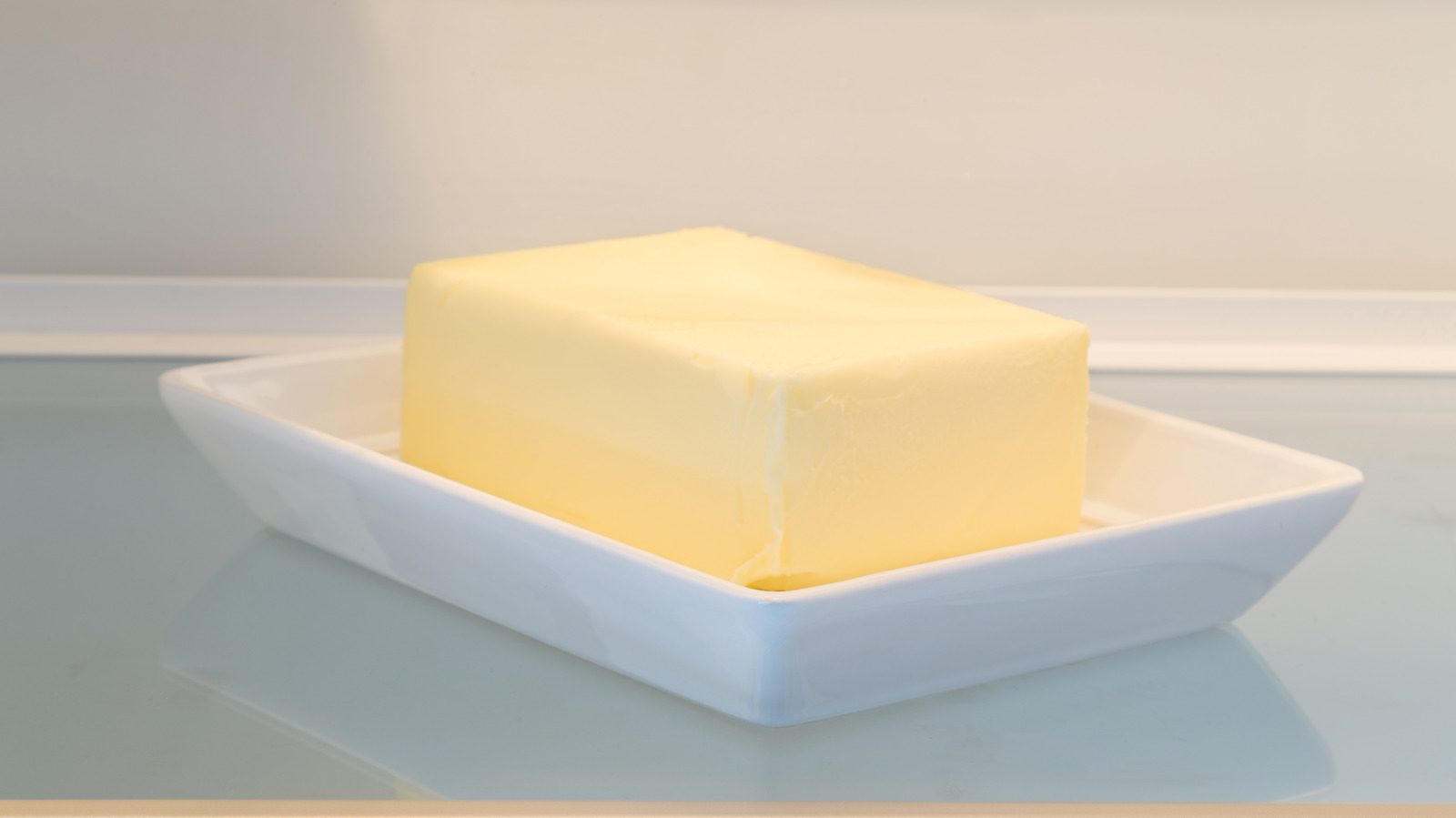

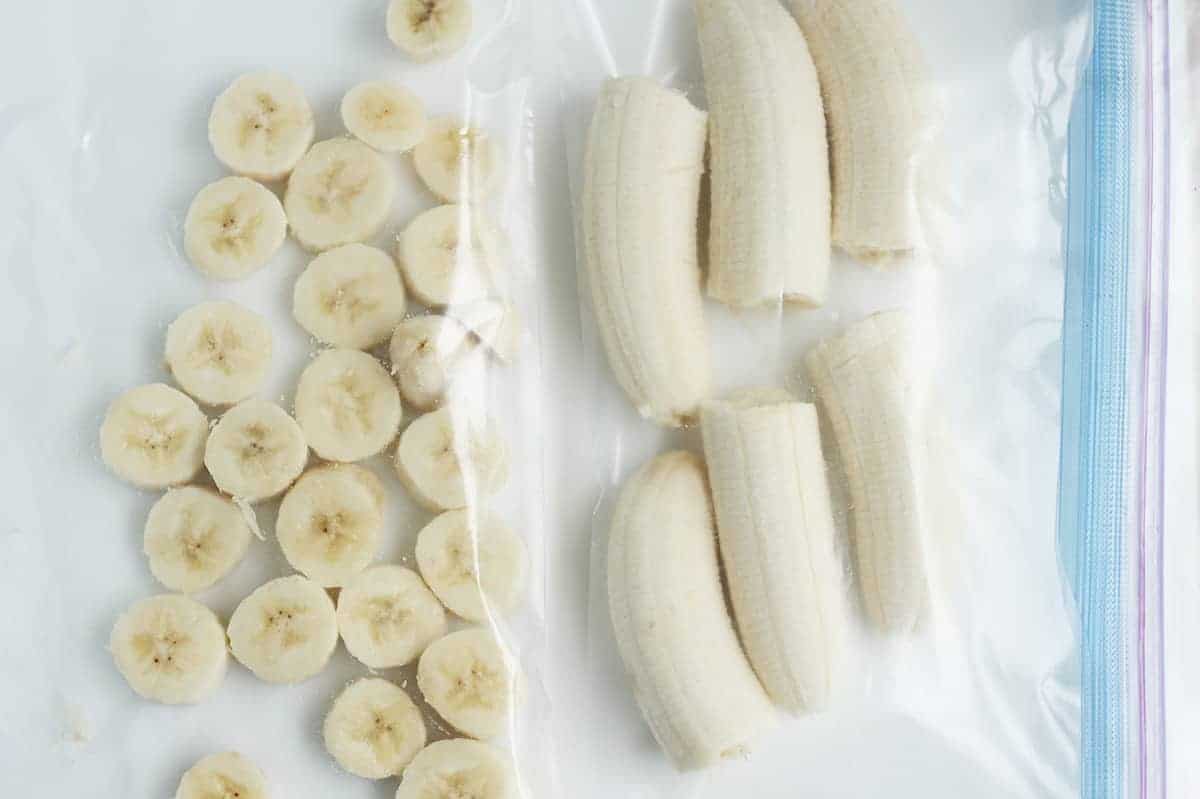
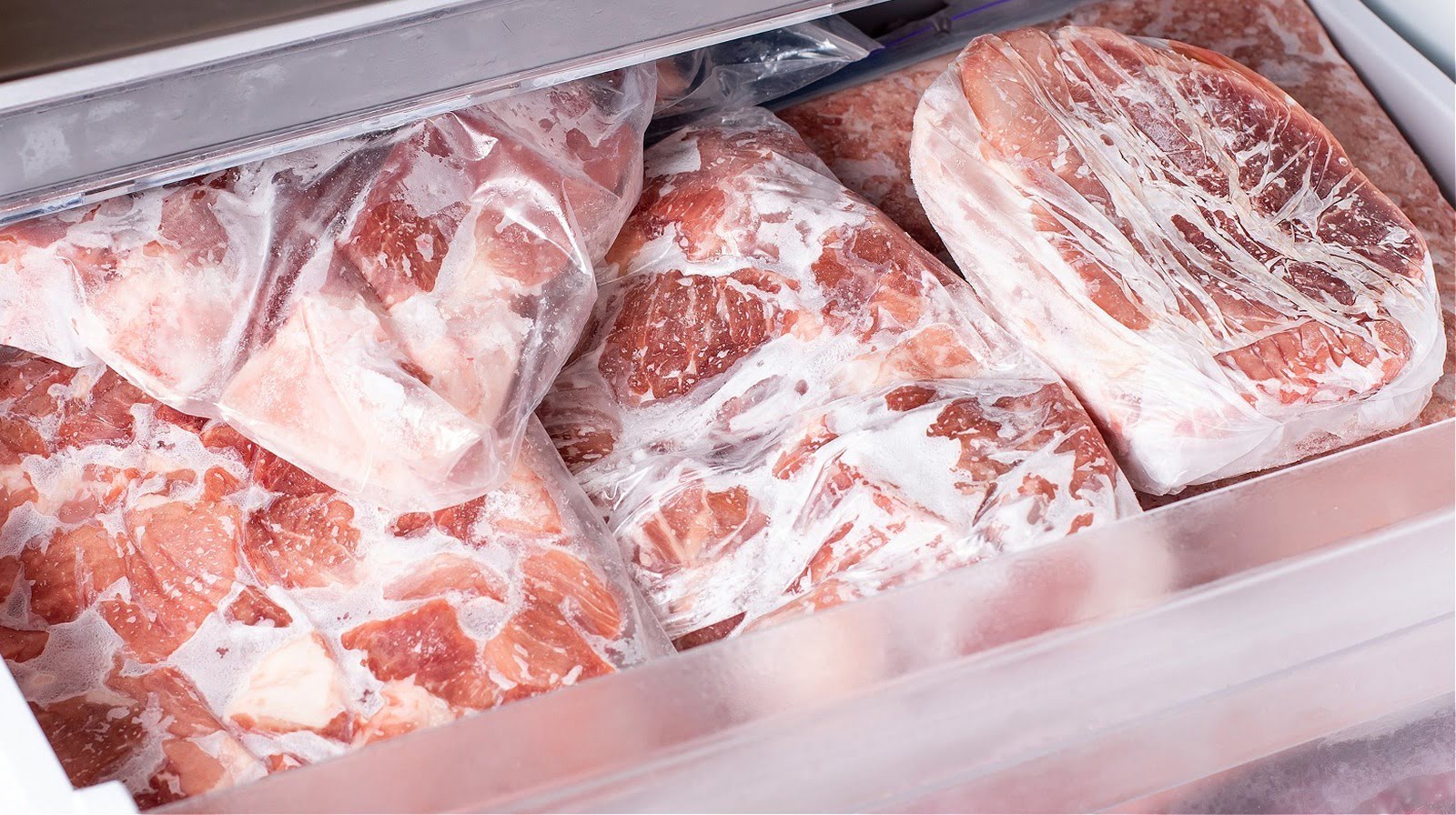
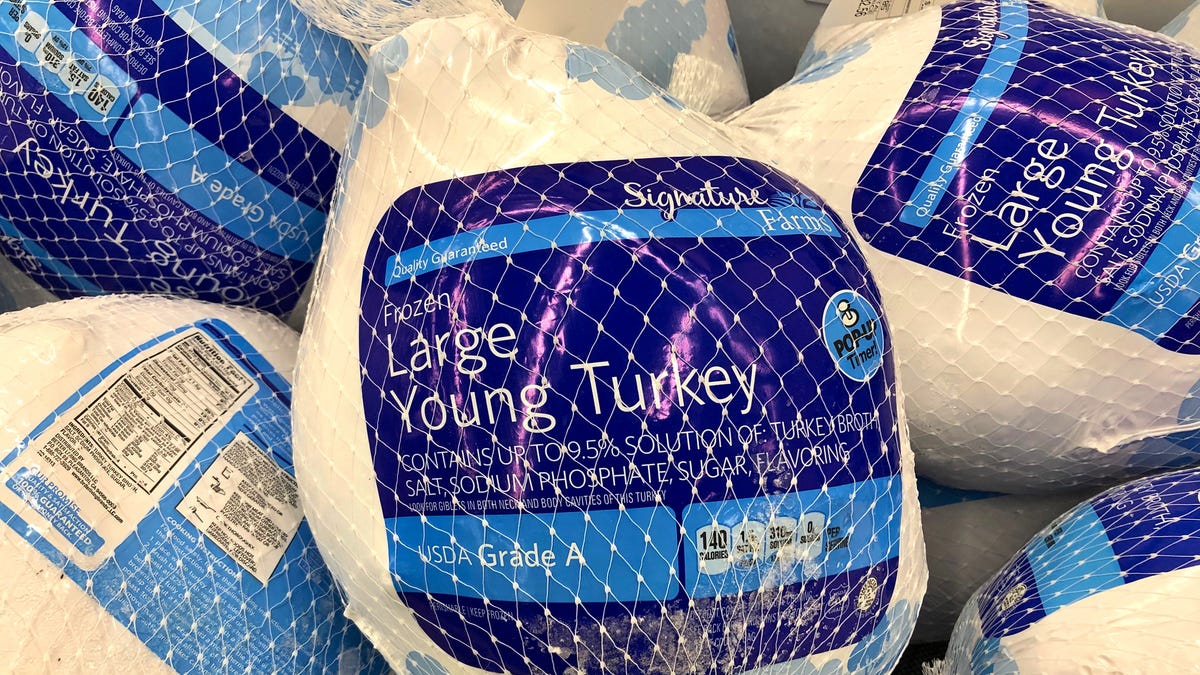
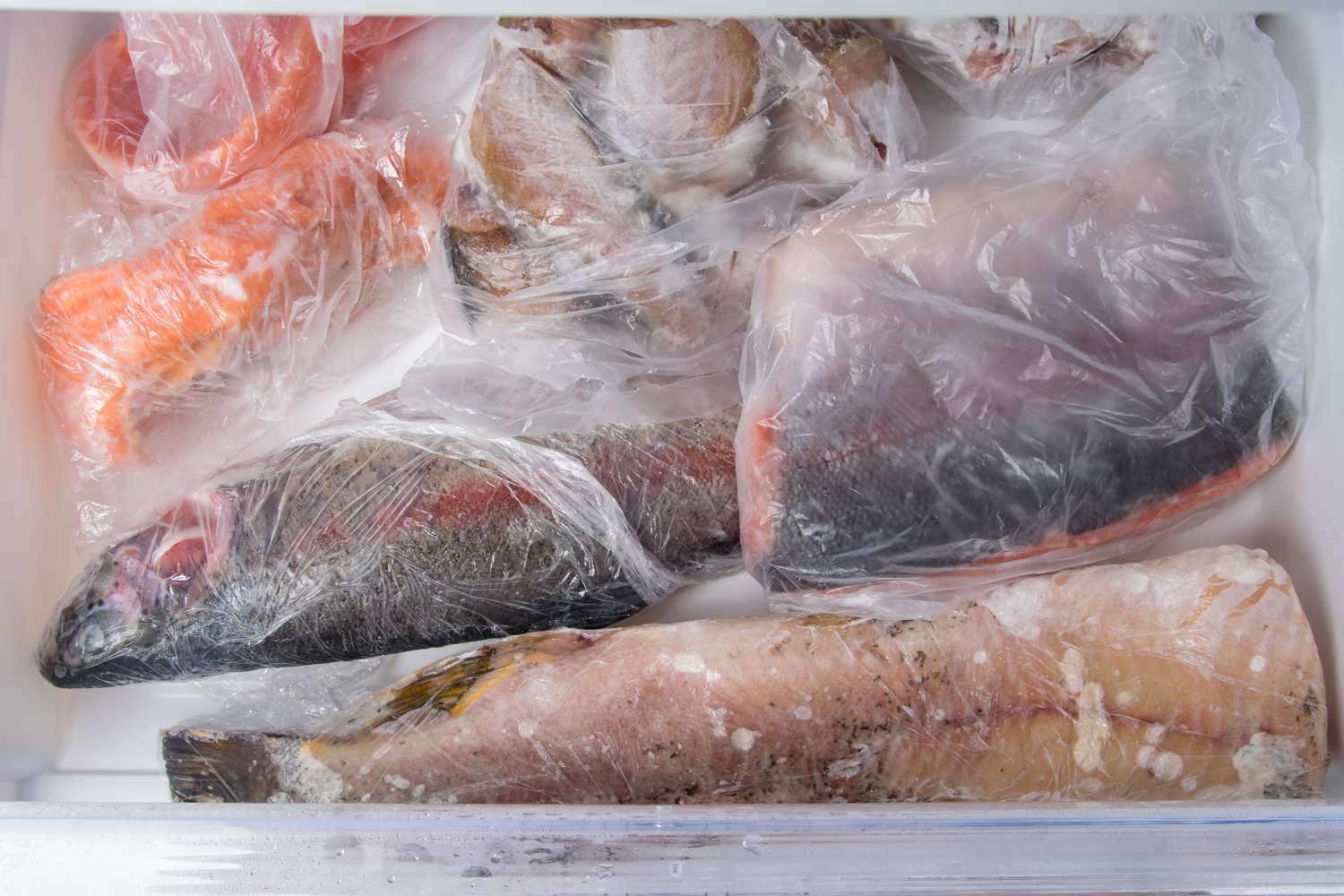





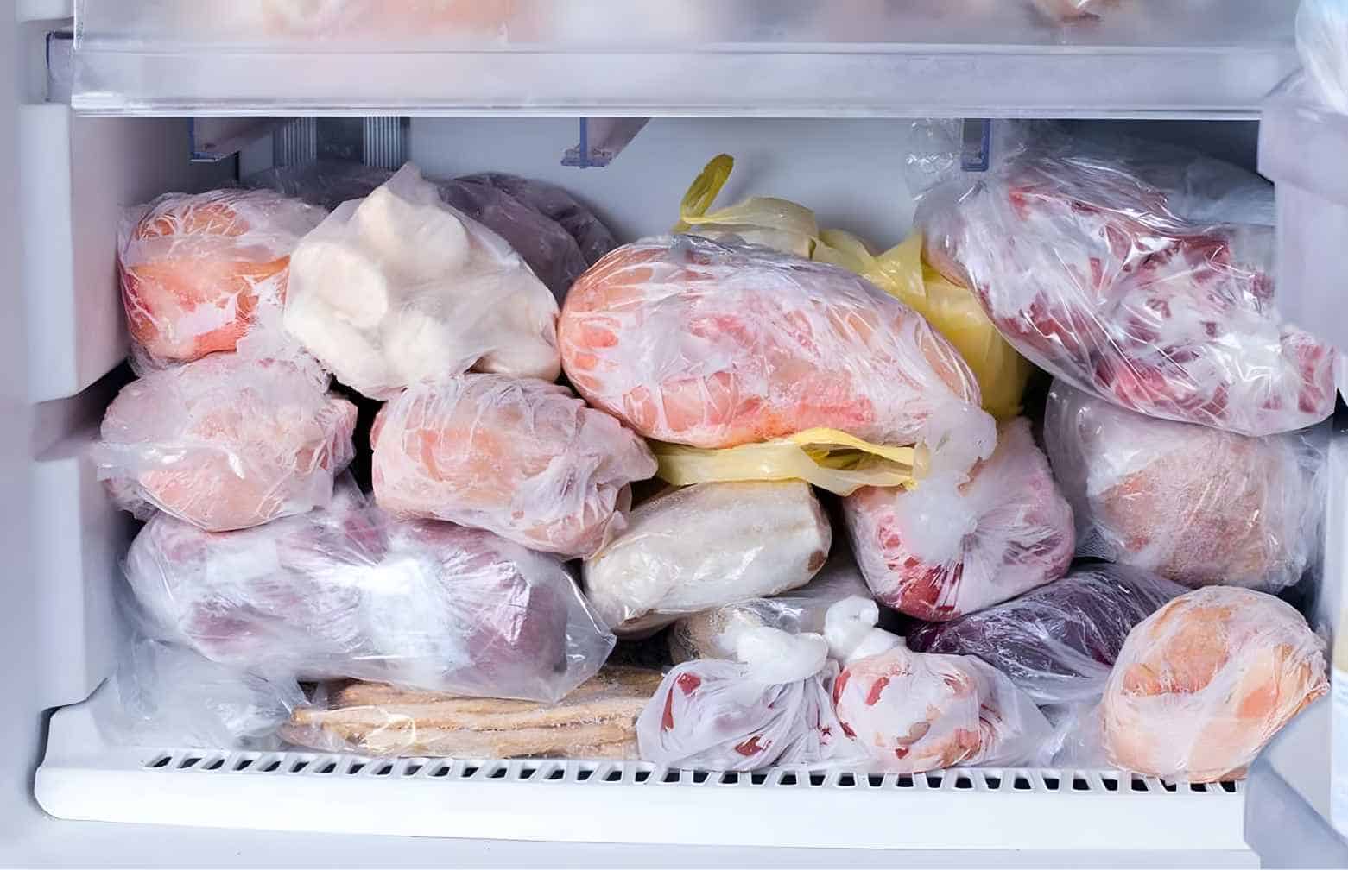



0 thoughts on “How Long Can Cheese Last In The Freezer”